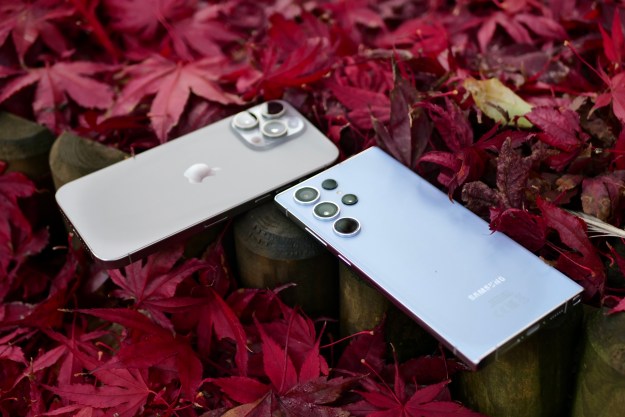Before a Google-made smartwatch is released, Google wants to improve the overall quality of Wear OS apps in the Google Play Store. How is it going to do this? By introducing a new, mandatory Google Play Store review process for Wear OS apps.
To be clear, the Play Store review process for Wear OS apps has been available since Wear OS 2.0 was introduced, but at the time it was optional. Now, developers have to pass the review if they want their apps to show up in the Google Play Store. The idea is that reviewing every Wear OS app will ensure that apps maintain an appropriate standard of quality.
“Designing apps for wearables is substantially different to designing for phones or tablets. There are different strengths and weaknesses, different use cases, and different ergonomics to take into consideration,” says Google.
In announcing the new initiative, Google has also revealed the criteria with which it will judge new Wear OS apps. There are eight criteria in total, grouped under “functionality” and “visual design and user interaction.” Criteria include that Wear OS apps function as expected based on an app’s description, that notifications through the app work properly, and that an app is formatted properly for square displays, round displays, or both. Developers must also include one screenshot of the Wear OS app in the listing on Google Play.
Both new and existing apps will have to meet Google’s new guidelines, though existing apps will have a little time to update to meet them. New apps will be subjected to these guidelines on and after October 1, 2018, while existing apps will have until March 4, 2019. Thankfully, Google won’t block mobile apps if their associated Wear OS apps fail — mobile apps can still be updated if Wear OS apps fail the process, but the associated Wear OS apps won’t be searchable on Google Play.
While Wear OS may have had a rough few years, it looks like there is light at the end of the tunnel. A slew of new Fossil Wear OS devices have recently been released, and as mentioned, there are more devices set to show up in coming months. Hopefully, these new guidelines will improve the quality of apps on the Google Play Store.
Editors' Recommendations
- The Google Pixel 8a price just leaked. Here’s how much it’ll cost
- An Apple insider just revealed how iOS 18’s AI features will work
- Here’s how Apple could change your iPhone forever
- There’s a big problem with the iPhone’s Photos app
- Google just released the first Android 15 beta. Here’s what’s new
